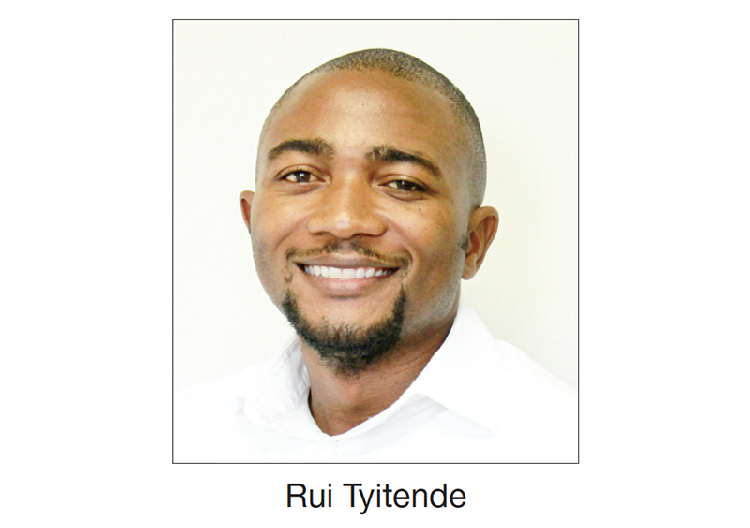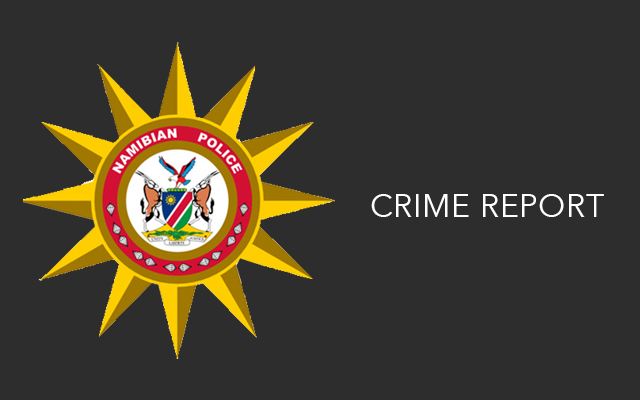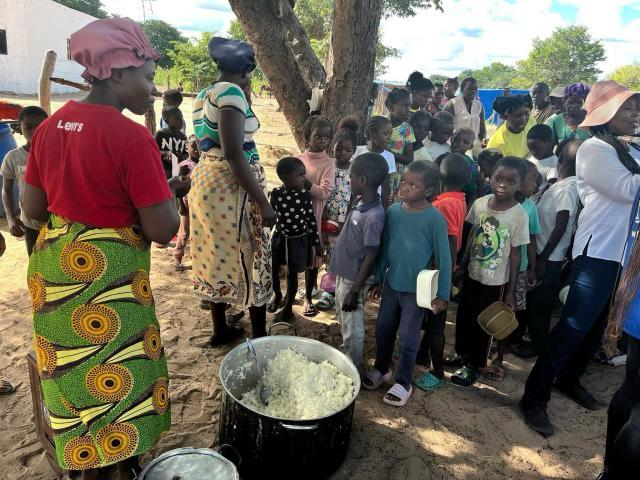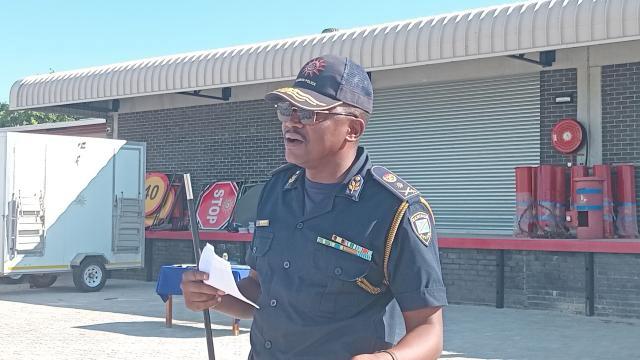RUI TYITENDEIT GOES WITHOUT saying that the Covid-19 pandemic has plunged Namibian society into a constant state of bereavement. We are confronted with the grim statistics on a daily basis, especially on those who have succumbed to the virus.
Death is not a new phenomenon in our society. Many Namibians have lost loved ones to road accidents, chronic diseases, helicopter crashes, violent crimes, food poisoning, cancer and other causes. What makes it different this time around is the psychological and emotional distress inflicted by the virus, coupled with the fact that it kills indiscriminately – unlike, for instance, hepatitis E which predominantly affects the poor residing in ‘Zones of Silence’.
Among others, the virus has robbed the Rehoboth community of their mayor, the Ovaherero Community of their paramount chief, and the government of their special envoy on the Herero-Nama 1904-1908 genocide talks.
It is not easy to express in words the emotional and psychological feeling of despair that grips people who lose a loved one. Death is a ruthless invader of the heart and mind. What can one do to assuage the inevitability of death? Should we constantly think about death in our daily lives? If yes, how often? Would we be able to live meaningful lives by occasionally reflecting on death? There are no easy answers.
Greek philosopher Epicurus (341-270) believed the fear of death is an obstacle to true happiness and lamented that “death does not concern us, because as long as we exist, death is not here. And once it does come, we no longer exist.”
However, this article is more about the living, those left behind who have to carry the burden of emotional, financial and psychological scars. How should we prepare for death? And would it be helpful?
We could start by imagining a loved one (husband, wife, brother, sister, mother, father, etc) dying and mourn their departure in an abstract manner. In other words, I will mourn (in an imaginary way) the death of my father once every six months so that I’ll be able to deal with his real death in a more composed way.
The point is not to develop a ‘shield’ in a time of emotional turmoil, but to rather be more compassionate towards our loved ones while they are alive. And when they die, to remember the inspiring and important advice they passed on to us.
Knowing that the Covid-19 pandemic has heightened our sense of death, how do we create a sense of urgency around it? If we could only hear our obituary being read out at a funeral, our parents crying uncontrollably, I’m sure our perspective on a trove of issues would change. This includes our unfettered ability to cause pain, harm and destruction to others. The devastating impact of the pandemic has taught us (or reminded us) that we all have an appointment with death.
The age of social media has generated a rather distasteful culture where young people appear fixated on displaying public affection for their parents but rarely hug or express their ‘love’ in person. The desire to seek validation from strangers and prove they are ‘good’ people knows no bounds.
With Covid-19 wreaking havoc, and the thought of death constant, we have suddenly become more compassionate towards loved ones, and even strangers. This does not have to be the case after Covid-19 is no longer in our midst. Perhaps we can start by tapping into our memories of the good days and the good we have yet to do – for ourselves, our loved ones and our communities.
We should take Plato’s observation seriously: “No man knows whether death may not even turn out to be the greatest blessing for a human being, yet people fear it as if they knew for certain that it is the greatest of evil.” Let us live a meaningful life!
Stay informed with The Namibian – your source for credible journalism. Get in-depth reporting and opinions for
only N$85 a month. Invest in journalism, invest in democracy –
Subscribe Now!










